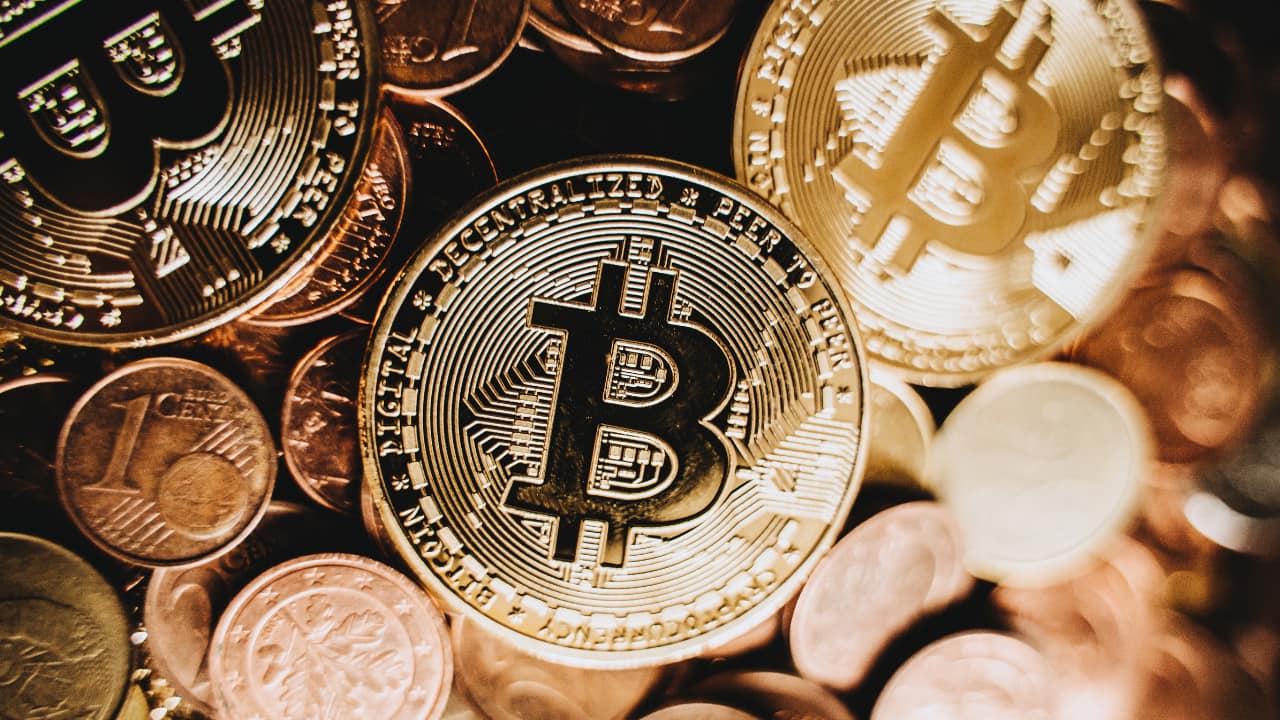Crypto exchange Kraken on its way to launching its own bank
Editor’s Note: With so much market volatility, stay tuned for daily news! Get caught up in minutes with our quick summary of today’s must-read news and expert opinions. Sign up here!
 (Kitco News) – As banking institutions increasingly turn their backs on blockchain-related companies, cryptocurrency exchange Kraken has decided to take matters into its own hands with plans to launch a bank in the United States despite the challenging regulatory environment the industry currently faces.
(Kitco News) – As banking institutions increasingly turn their backs on blockchain-related companies, cryptocurrency exchange Kraken has decided to take matters into its own hands with plans to launch a bank in the United States despite the challenging regulatory environment the industry currently faces.
This revelation came from Marco Santori, Kraken’s chief legal officer, during an appearance on The Scoop podcast. “Kraken Bank is very much on track to launch, very soon,” Santori said.
“We’re going to have these pens with the little ball chains. We’re going to order thousands of them and stick them on the desks of Wall Street banks everywhere. With our logo.”
Kraken has been one of the preferred targets of the Securities and Exchange Commission (SEC), which has cracked down on the crypto industry in recent months following the collapse of FTX in November.
In February, the SEC charged Kraken with the unregistered offering and sale of securities in February for its staking-as-a-service platform available to US clients. To settle the charges, Kraken agreed to end its on-chain staking service for US customers and pay $30 million in disgorgement, prejudgment interest and civil penalties.
SEC Chairman Gary Gensler said the move against Kraken should “put everyone in this marketplace on notice” that the SEC will take enforcement action against crypto-related companies that do not comply with US financial laws.
Kraken neither admitted nor denied the allegations in the SEC complaint, and its U.S.-based betting service represented only a small percentage of the exchange’s revenue, Santori said. “It obviously affects our product mix quite dramatically in the US,” he added, suggesting that Americans are now more likely to seek betting services that are offshored on riskier exchanges after this decision.
“It’s really indicative of a pretty unfortunate situation here in the state,” he said. “We have a regulatory environment that essentially forces users to use offshore exchanges that are happy to accept their business with as little as a VPN.”
The ongoing struggles at Silvergate Bank, which was previously a top banking partner for many major crypto companies before falling on hard times in the wake of the 2022 crypto market downturn, has only served to accelerate Kraken’s plans to start a bank in an attempt to contribute to maintain banking services and promote innovation in the industry.
“We’re going back to a time where banks are going to be very careful about what accounts they open,” he said. “Wall Street is going to do well. Kraken and Coinbase are going to do well. But the guy or gal who has a new idea of how to provide infrastructure to the crypto-economy, it’s going to be a very tough road in the next couple of years for them. No doubt.”
Last Wednesday, Kraken announced it was ending some of its services with crypto-focused Signature Bank, including the ability for non-business customers to deposit or withdraw US dollars at the bank, citing changes made by Signature.
When asked about the idea floating around the cryptosphere that there is a concerted effort by the government to destroy the crypto industry in the United States, Santori pushed back against this perspective, but acknowledged that the events of 2022 have led to a consensus among some regulators that the industry could not allowed to operate uncontrolled going forward.
“It’s definitely not some anti-crypto group that meets every week in a shadowy room in DC,” he said. “But there’s a group of regulators who happen to all feel pretty much the same about crypto… I think they just believe in one fundamental thing, that what crypto is today is what’s important, and what it will be or could be. in the future it really isn’t.”
Disclaimer: The views expressed in this article are those of the author and may not reflect the views of Kitco Metals Inc. The author has made every effort to ensure the accuracy of the information provided; however, neither Kitco Metals Inc. nor the author can guarantee such accuracy. This article is for informational purposes only. It is not an invitation to exchange goods, securities or other financial instruments. Kitco Metals Inc. and the author of this article do not accept responsibility for any loss and/or damage arising from the use of this publication.


